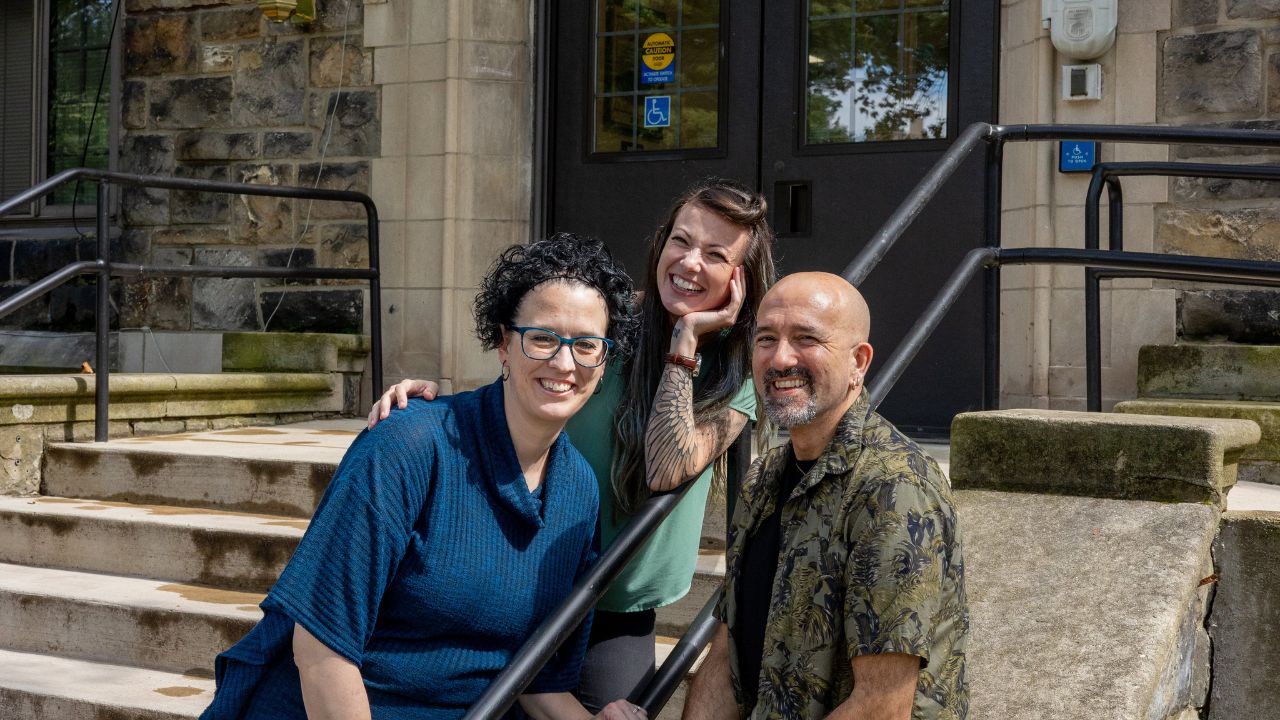
Positive psychology, a recent movement in the practice of gratitude, was founded in 1998 when Martin Seligman chose it as the theme for his term as president of the American Psychological Association. Positive psychology advocates the practice of gratitude, espousing the “belief that people want to lead meaningful and fulfilling lives, to cultivate what is best within themselves and to enhance their experiences of love, work
But the practice of gratitude is by no means a modern concept. Many religions have long stressed the importance of living a life filled with gratitude — examples include Christianity, Judaism, Islam
Although the Bible has much to say about gratitude, its benefits can be found everywhere. Several recent scientific studies have observed a relationship between well-being and religious gratitude (such as that to a higher power). Studies include:
- Gratitude and Well-Being
- Gratitude and Well-Being: a review and theoretical integration
- The Relationship Between Gratitude and Well-Being in Graduate Level Counselors-in-Training
- In Praise of Gratitude
Since its inception in 1965, World Gratitude Day (celebrated annually on September 21) reminds us to take time to consider all the amazing things we have in our lives; and, as we reflect on those things, to come to the realization that the blessings that fill our lives should also bring contentment.
Gratitude is a choice. With enough time and practice, it can be cultivated into a habit. Then one morning you wake up and realize it’s easy to see good all around you. You can choose to be thankful in every circumstance in your life just as the Apostle Paul did. He suffered greatly for the gospel, and yet he was able to live a life filled with contentment and gratitude. He expressed this in Philippians 4:11-13 NLT, “I have learned how to be content with whatever I have. I know how to live on almost nothing or with everything. I have learned the secret of living in every situation, whether it is with a full stomach or empty, with plenty or little. For I can do everything through Christ, who gives me strength.”
As expressed in these verses, we are to find our contentment (and strength) through Christ. Gratitude is acknowledging the goodness in this life, and as Christians, the future eternal life we will live in the presence of a holy God. Sometimes you may feel there is nothing for which to be grateful; but if you look hard enough, you can always find something. Or as Charles Dickens put it:
“Reflect on your present blessings, on which every man has many, not on your past misfortunes, of which all men have some.”
There are many reasons to pursue a life of gratitude:
- Gratitude provides happiness in life, as any number of Ted Talk videos can attest.
- The affection that occurs between two people when gratitude is expressed causes the release of oxytocin which boosts your overall well-being.
- Positive emotions are contagious.
- Gratitude makes you a better,
more-positive person — and is a guard against loneliness… people naturally like to be around positive people. - Feeling happy increases your chance of achieving success.
- Gratitude is a powerful tool for strengthening interpersonal relationships.
- Gratitude is good for your health — cortisol reduction, heart health
and mental health.
So, what can you do to cultivate gratitude? Make the following habits a regular part of your life:
- Pray.
Thank God for all He has provided.
- Keep a gratitude journal.
Write down a certain number of things every day, pick a number such as five or ten, for which you are grateful. This journal is also a wonderful place to record answered prayer. When you need a pick-me-up, go back and read some of your journal entries.
This is a wonderful way to increase your faith and to turn a bad day around as you read your documented proof of God’s provision and as you witness God’s work in your life: “‘For I know the plans I have for you,’ declares the LORD, ‘plans for welfare and not for calamity to give you a future and a hope.’” Jeremiah 29: 11 (NASB)
3. Thank others.
Write a thank you note expressing your appreciation and enjoyment of that person’s impact on your life. Make a habit of sending at least one gratitude letter each month. Send your thank-you letter, or better yet, deliver it yourself and read it to the recipient.
We are instructed in 1 Thessalonians 5:16-18 (NASB) to “Rejoice always; pray without ceasing; in everything give thanks; for this is God’s will for you in Christ Jesus.” This verse and many others in the Bible make it clear we are to live a life of gratitude just as Paul did, in whatever circumstance we find ourselves, good or bad. You will reap many benefits for having done so.
And it’s a biblical truth backed up by psychological science. According to an article in the Harvard Mental Health Letter, “gratitude is strongly and consistently associated with greater happiness. Gratitude helps people feel more positive emotions, relish good experiences, improve their health, deal with adversity, and build strong relationships.”
We are commanded to live a life of gratitude. We are also commanded to love our neighbor as ourselves. Geneva has many majors and programs, such as those in psychology and social services and ministry, that equip you to help others live a life of gratitude. If you’d like to learn more about professions that enable you to serve wholeheartedly and faithfully in your life’s work or want to learn more about a biblically based, Christ-centered education at Geneva, we’d love to chat with you. For more information on how Geneva College can help you pursue your education goals, please phone us at 855-979-5563 or email web@geneva.edu.
Opinions expressed in the Geneva Blog are those of its contributors and do not necessarily represent the opinions or official position of the College. The Geneva Blog is a place for faculty and contributing writers to express points of view, academic insights, and contribute to national conversations to spark thought, conversation, and the pursuit of truth, in line with our philosophy as a Christian, liberal arts institution.
Sep 21, 2018Everyday LivingRelated Blog Posts
Request Information
Learn more about Geneva College.
Have questions? Call us at 724-847-6505.










 Online Course Login
Online Course Login